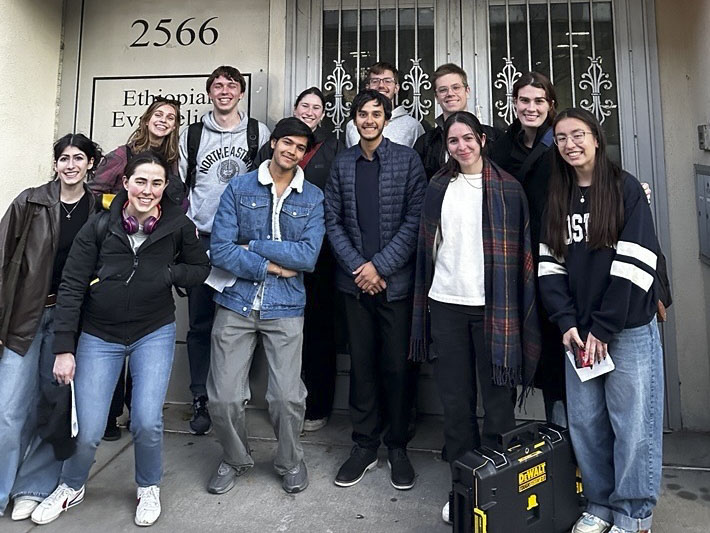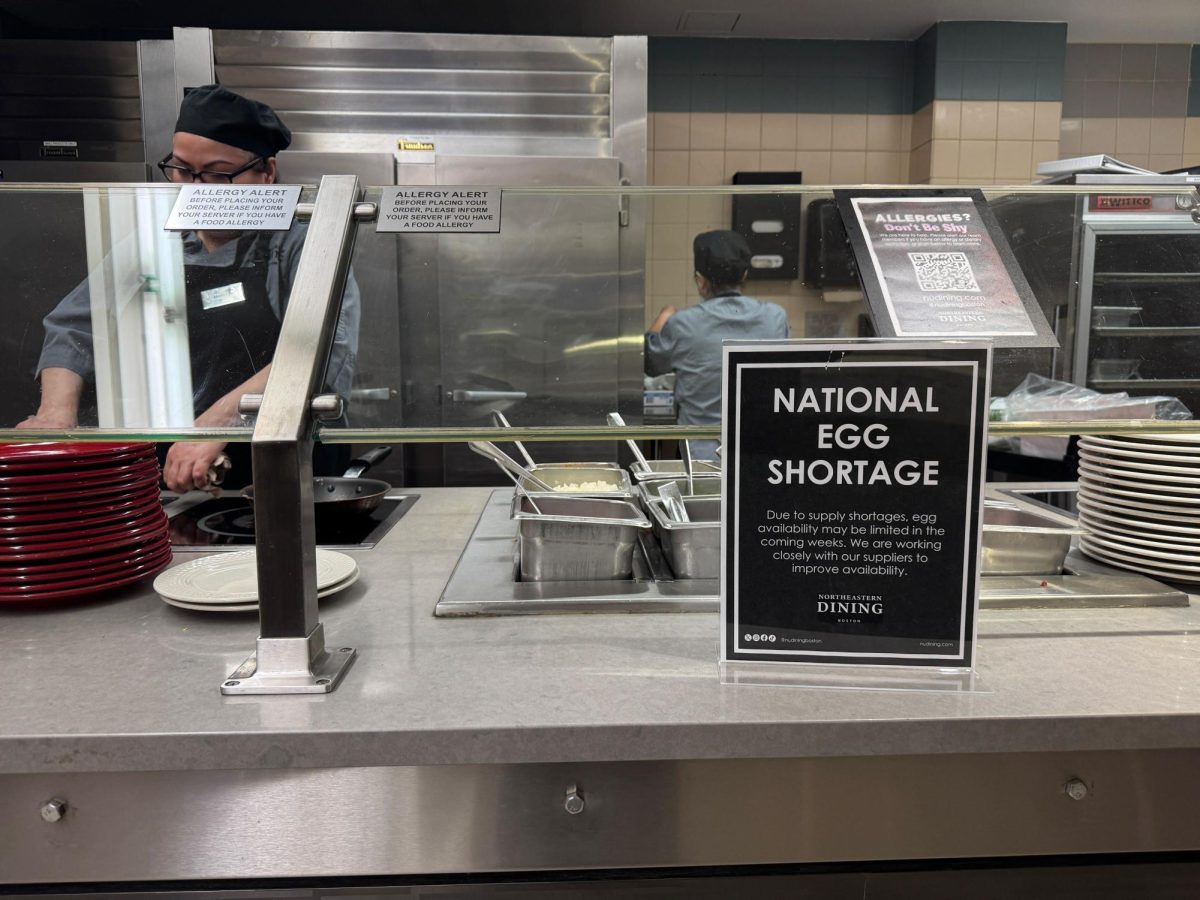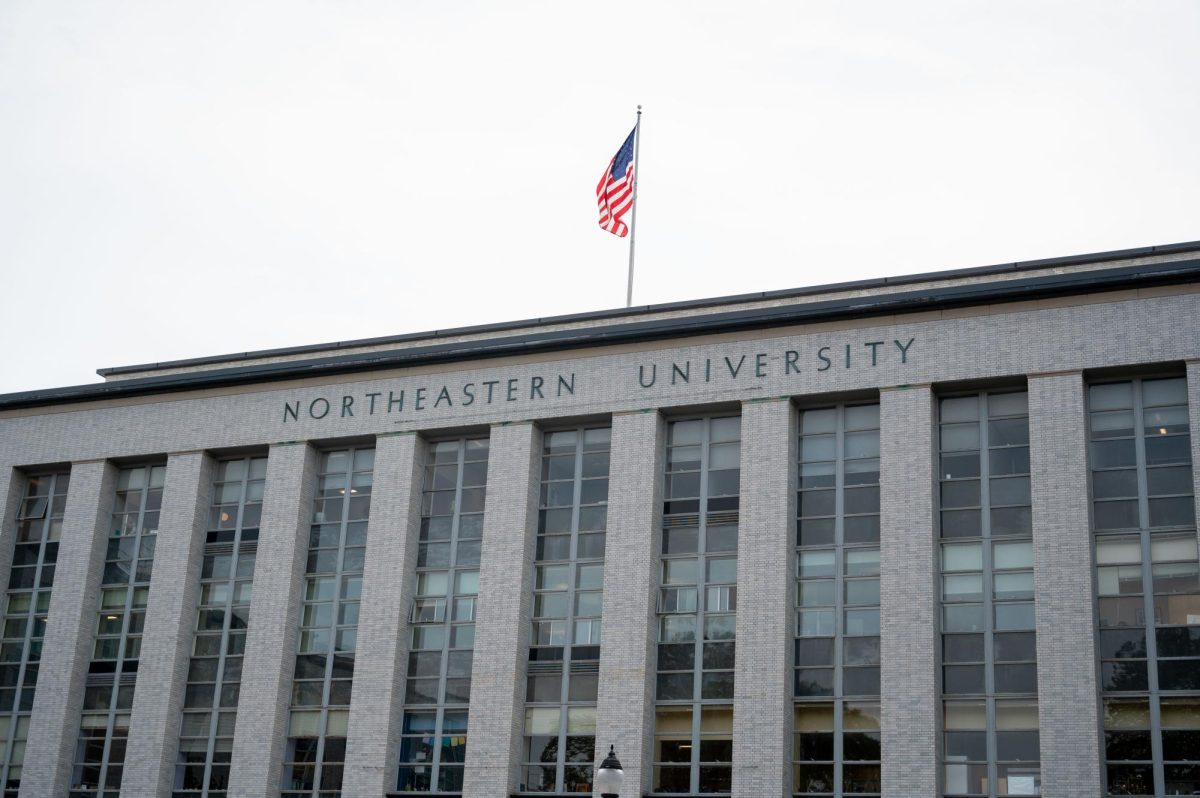To the editor:
The importance of campus fire safety was reinforced last week with the fire at George Washington University and serves as a valuable teachable moment. A freshman was critically injured in a fire that was started by a portable grill igniting the student’s bedding material. The building was not fully equipped with an automatic fire sprinkler system but instead only had sprinklers in the hallways and common areas.
The fire was not detected by the building’s fire alarm system but instead was seen by a passing Secret Service patrol unit. These officers notified the fire department, entered the building, activated the building’s fire alarm system and made several unsuccessful attempts to rescue the trapped victim from the ninth floor before the arrival of the fire department.
It was fortunate that the fire was seen by the officers. However, it was unfortunate that the fire grew to this magnitude because it placed the occupant in the room at great risk as well as the others in the suite and in the rest of the building. A fire this month at Rust College in Mississippi in a women’s dormitory that burned seven rooms is another example of the danger of residence hall fires. Both of these fires are contrary to what we would expect today in a residence hall, no matter when it was built.
Off-campus fires are a significant concern as well. A student at Tufts University died in a loft fire, and another student at the University of Massachusetts died in an off-campus house fire. According to information compiled by the Center for Campus Fire Safety, 80% of the fatalities in student housing fire since 2000 have occurred in off-campus occupancies where a majority of the students across the country live.
A comprehensive fire safety program that includes Prevention, Detection and Suppression, or as we refer to “The Circle of Life,” provides a high level of fire safety to all students. Prevention involves educating students about fire safety and, more importantly, providing them with the “reasons behind the rules.” Detection means that there is early detection of the fire and notification of the occupants and emergency responders. This allows the occupants to escape from the fire while it is still relatively small and for the fire department to begin their response as soon as possible. Suppression is accomplished through automatic fire sprinklers which can control or extinguish the fire within seconds, saving lives.
We have known the answers to protecting occupants from fire for many years. The hospitality industry took heed after the tragic fires in Las Vegas in the 1980’s and started an aggressive program to install sprinklers and to put state-of-the art fire alarm systems in many of their hotels. Because of this, in many cases the traveling public has a higher level of fire safety than the youth of our country, the future generation. Let’s use this fire at George Washington as a “wake-up” call and start ensuring that the students are as equally protected and receive an education in fire safety along with their degree.
Sincerely,
Ed Comeau, Director Center for Campus Fire Safety, a non-profit organization PO Box 2358 Amherst, MA 01004 www.campusfire.org [email protected] 1-413-323-6002









